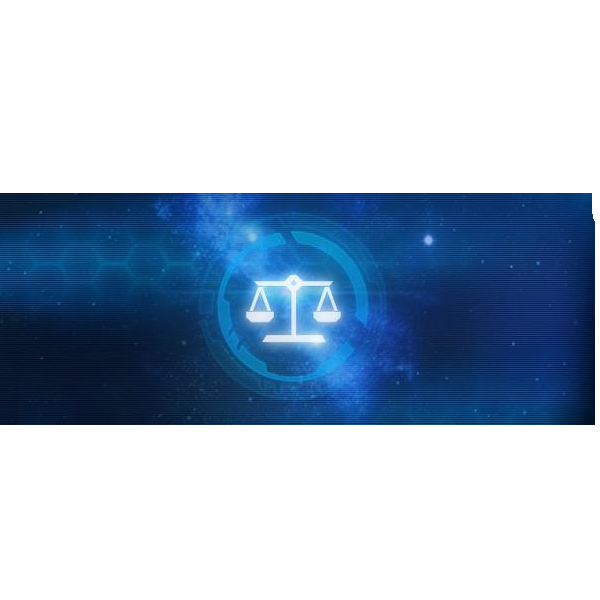While researchers in both industry and academia are racing to build Quantum Computing (QC) platforms with viable performance and functionality, the environmental impacts of this endeavor, such as its carbon footprint, e-waste generation, mineral use, and water and energy consumption, remain largely unknown. A similar oversight occurred during the semiconductor revolution and continues to have disastrous consequences for the health of our planet. As we build the quantum computing stack from the ground up, it is crucial to comprehensively assess it through an environmental sustainability lens for its entire life-cycle: production, use, and disposal. In this paper, we highlight the need and challenges in establishing a QC sustainability benchmark that enables researchers to make informed architectural design decisions and celebrate the potential quantum environmental advantage. We propose a carbon-aware quantum computing (CQC) framework that provides the foundational methodology and open research questions for calculating the total life-cycle carbon footprint of a QC platform. Our call to action to the research community is the establishment of a new research direction known as, sustainable quantum computing that promotes both quantum computing for sustainability-oriented applications and the sustainability of quantum computing.
翻译:暂无翻译




